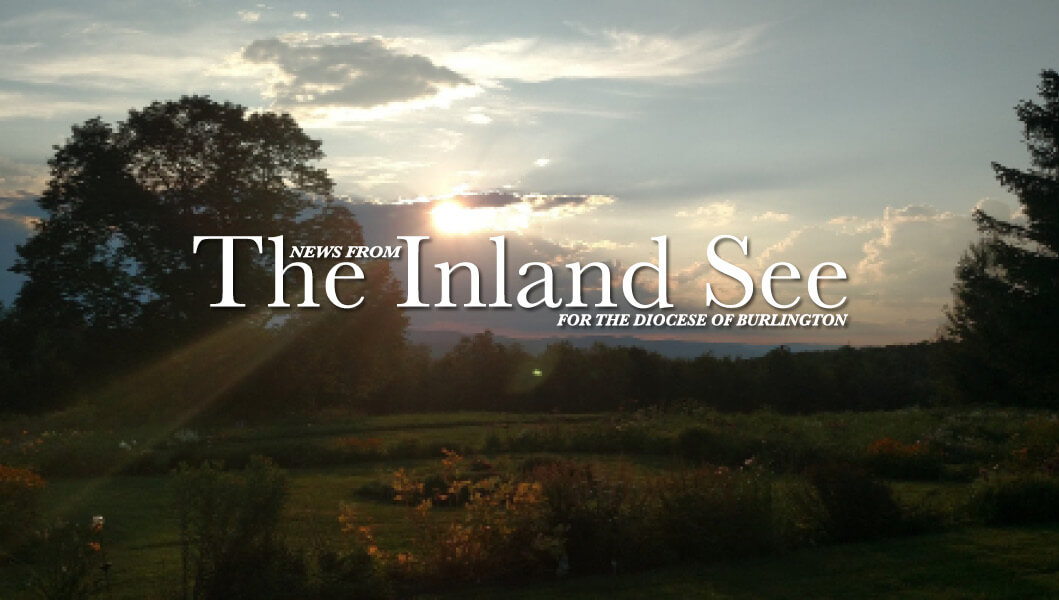
To give thanks
I called a priest friend of mine the other day. He teaches in Catholic university and is a scholar of the biblical Greek language. I wanted to make sure that I had my “Greek” right when it came to the ancient Church’s usage of the word “eucharist.”
I knew that the word literally translates as “thanksgiving,” but I also remembered from my own studies of the ancient liturgical texts that it was used more as verb, “to give thanks,” than a noun, “thanksgiving.” My friend concurred with my memory and noted that in the ancient Church, the language of which was primarily Greek, the texts in reference to what we call the Eucharist, most often talked about the liturgy as “the giving of thanks.”
In fact, one of the oldest texts we have from the late first century to early second century, called the Didache, when it speaks of the early gathering of the community for the bread and the cup reads, “Now this is how you are to give thanks … .”
The Eucharist then was understood to be more of an action than an object or an event. Now, you may wonder why I am sharing this with you. It seems a little esoteric, a little too far removed in history. Indeed, we have for centuries referred to the Mass as the celebration of the Eucharist (an event) and the consecrated host as the Eucharist (a holy object). But we also celebrate the Eucharist as an act of thanksgiving. Certainly the words of the liturgy bear this out when we hear, “It is right to give Him thanks and praise … we do well always to give you thanks … .”
But sometimes this act of thanksgiving can be overwhelmed by so much of what is going on within it — remembrance, consecration, communion, etc. Perhaps in this week in which we celebrate our national holiday of Thanksgiving we might discover anew this joyful part of our tradition, the Eucharist as “the giving of thanks.”
Similarly, the full celebration of the Eucharist as an act of thanksgiving as well as an event and a holy food and object of devotion can inform our secular celebration of Thanksgiving. Thanksgiving Day can simply be an event, a holiday, a day when we gather with family and friends. It can also be simply the meal we sit down for on Thanksgiving. Or it could be a collective — a day, a meal and an act, “to give thanks” — to give thanks for so many things, so many people, so many blessings, so much abundance in our lives and out of gratitude and thankfulness to use the treasures and talents that we have wisely out of love for God and our neighbor.
Happy Thanksgiving.
Yours in Christ, The Most Reverend Christopher J. Coyne Bishop of Burlington
—Originally published in the Nov. 23-29, 2019, issue of The Inland See.

